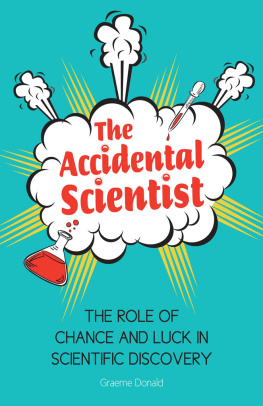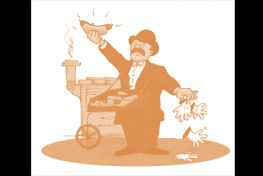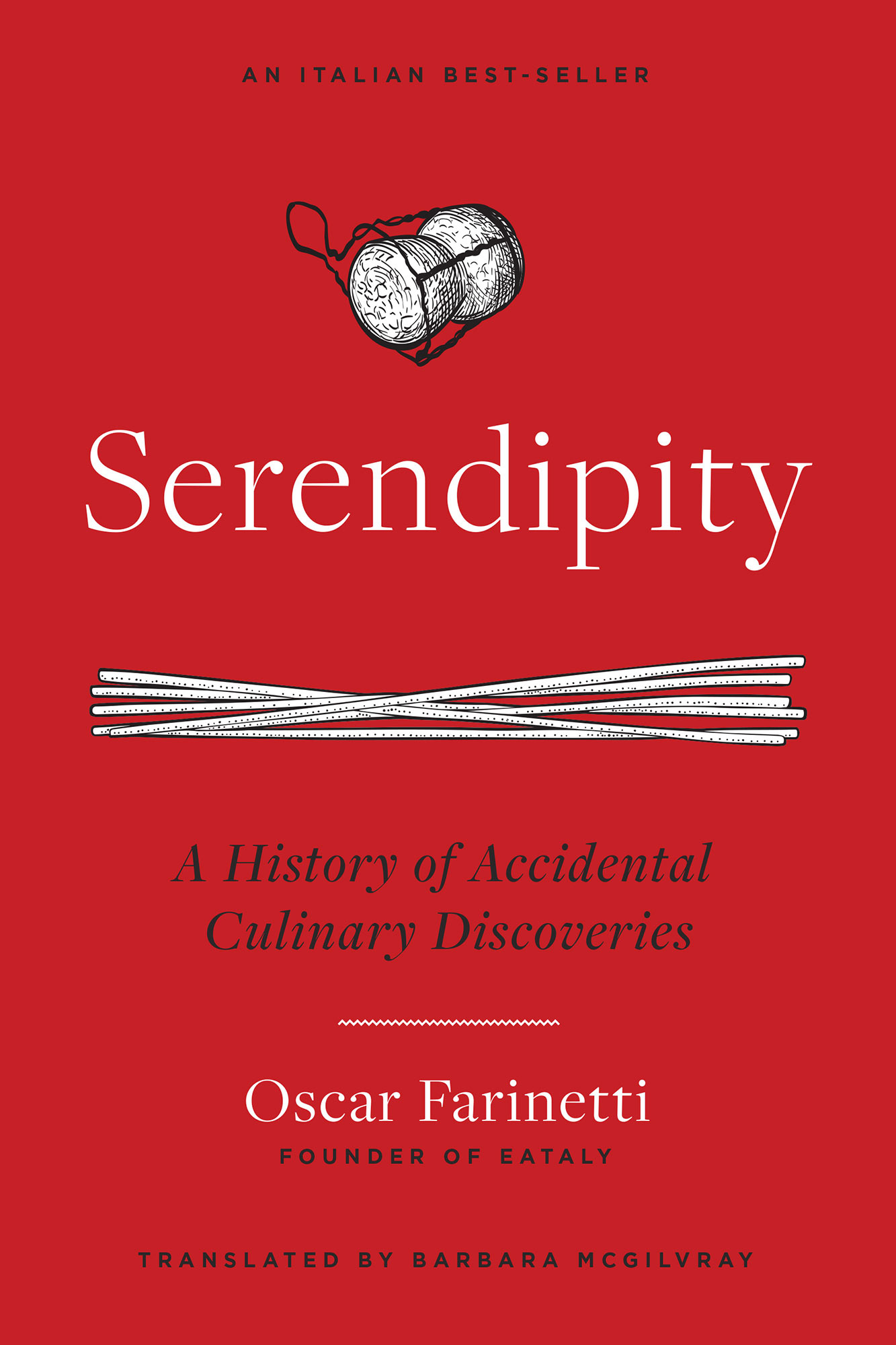
Serendipity

A History of Accidental
Culinary Discoveries

Oscar Farinetti
TRANSLATED BY BARBARA MCGILVRAY

Serendipity: A History of Accidental Culinary Discoveries
Copyright 2022 by Oscar Farinetti
English translation 2022 by Barbara McGilvray
All rights reserved. No part of this book may be used or reproduced in any manner whatsoever without the written permission of the publisher, except in the case of brief excerpts in critical reviews or articles. All inquiries should be sent by email to Apollo Publishers at info@apollopublishers.com. Apollo Publishers books may be purchased for educational, business, or sales promotional use. Special editions may be made available upon request. For details, contact Apollo Publishers at info@apollopublishers.com.
Visit our website at www.apollopublishers.com.
Published by arrangement with Black Inc. (Australia).
Americanization by Apollo Publishers.
Originally published in Italy with the title Serendipity: 50 Storie di successi nati per caso.
Copyright SLOW FOOD EDITORE S.r.l. 2020.
Via Audisio, 5, 12042 Bra (CN) Italy
www.slowfood.it
Original English edition published by arrangement with Sebes & Bisseling Literary Agency.
Oscar Farinetti asserts his right to be known as the author of this work.
Interior illustrations by Aira Pimping.
Interior text design and typesetting by Marilyn de Castro.
Cover design by Rain Saukas.
Published in compliance with Californias Proposition 65.
Library of Congress Control Number: 2022938605
Print ISBN: 978-1-954641-18-1
Ebook ISBN: 978-1-954641-19-8
Printed in the United States of America.
To my son Francesco,
eldest of the three.
Hes setting out on a fascinating
new work adventure.
I have a feeling
hell find himself dealing
with more than one case of serendipity.
Hes the one
who gave me the idea for this book.
Contents
Serendipity
The beauty of making mistakes
We make a lot of mistakes, and often we take the wrong path. Sometimes were looking for something weve lost and instead we find something else we were searching for. It happens because were imperfect. But thats not a bad thing.
Anyway, theres no such thing as perfection. And if there were it would be boring and thered be no incentive to grow. Imperfection spurs us on to become better; to become better we have to put in the hard yards, and make mistakes along the way. Then there are accidents, events outside our control that we have to live with and adjust to, possibly taking us in a new direction.
Sometimes things happen that actually change the course of history. Think of the meteorite that shattered near Yucatn in Mexico sixty-six million years ago. Basically, it caused the extinction of the dinosaurs. If that meteorite hadnt smashed into Earth, we human beings probably wouldnt exist. Or at least we wouldnt be who we are today.
In short, for about three and a half billion yearsever since life first appeared on Eartha vast number of accidents, mistakes and adaptations have led to the result we have today. We humans are the product of a series of imperfections that have had some degree of success, you might say, considering that of all the living beings were the ones who have taken charge of the planet. At least thats how it looks to us. We got to this point thanks to our inventionsa multitude of discoveries, from fire right up to the internet.
In order to invent you need to do research. Sometimes you set off in the right direction and get where you wanted to go, or you happen to take the wrong path and you fail. But there are times when you take a particular direction to reach a given goal and stumble on another one you werent expecting. Which might be even better. Spectacular examples include Christopher Columbus, who went looking for the Indies and discovered America. Penicillin and X-rays were both created by mistake, as were the microwave oven, cellophane, Teflon, dynamite and Post-it Notes.
In 1754, Horace Walpole coined the word serendipity to describe a discovery you make by accident when you were looking for something else. His inspiration was an old Persian fable about three princes, the sons of King Giaffer of Serendip (modern-day Sri Lanka). The princes traveled the world, continually (and always accidentally) discovering things they werent looking for.
But the word serendipity is not just used for inventions. Theres serendipity in love (you miss your train, get the next one and find the person of your dreams), in literature (Serendipity is common when youre writing a poem: youre aiming to conquer the Indies and you get to America, wrote Andrea Zanzotto) and in film (think Sliding Doors ).
In this book I tell the great serendipitous stories relating to my area of work: food. Ive been involved with food and wine as a professional for nearly twenty years, but as an amateur for more than double that. In studying the history of various foods, Ive come across some amazing cases of serendipity. A good many of the stories I tell in this book are conventional, in the sense that theyre about hugely successful and well-known dishes or drinks, like Coca-Cola and gorgonzola. Others are about great things that have come from trying to fix a mistake, an oversight or an accident; for example, panettone, Russian salad and Guinness. Others are about dishes, ingredients or drinks worth including just because their origins are so bizarre, such as chili, Barolo and Milanese risotto.
While I was writing these stories it occurred to me theres an absolute serendipity, the most important of allhumankindand so, with the help of a scholar, I have included that story too.
In order to tell these stories, I had a conversation with people who know a lot more than I do about the inventions in question. Producers, bon vivants, cooks, pastry chefs, artists, scientistsa varied slice of humanity I think provides crucial added value to this book. A book by someone who meets people with more talent than himself every day, and would like to pass on what hes learned. I hope you enjoy the read.
PS: A suggestion for all of you who enjoy good food and drink: as youre reading, I recommend sampling the product thats the subject of the chapter. Our enjoyment is doubled when we know more about what were tasting. Ive done this experiment with friends and, trust me, it works!
Oscar Farinetti
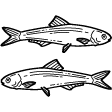
Anchovies from
the Cantabrian Sea
A timely shipwreck
With Jos Marino
The anchovy is a dangerous and vindictive animal. Many people whove tried to feather their nest at the anchovys expense have ended up ruined and destitute, and a few have committed suicide. Sometimes if theres an abundance of fish at the end of the season, prices crash, so anyone who foolishly bought them at high prices at the start of the season suddenly finds theyre losing a lot of money. This can be so overwhelming that nothing seems worthwhile anymore. Its the revenge of the little silver fish!


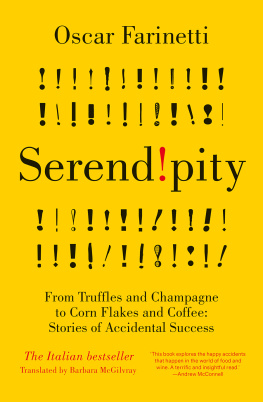
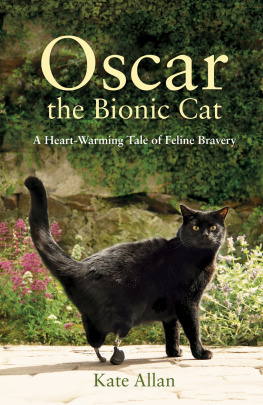
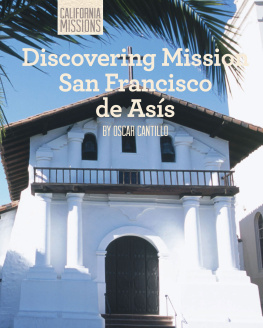
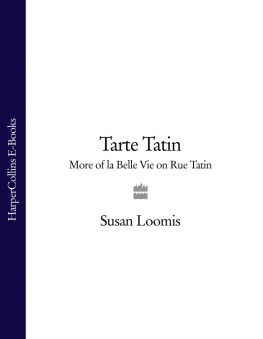

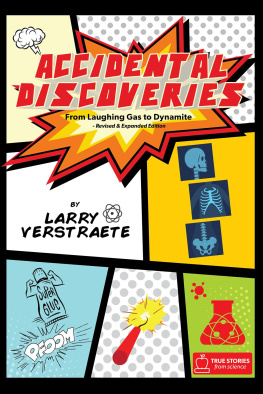
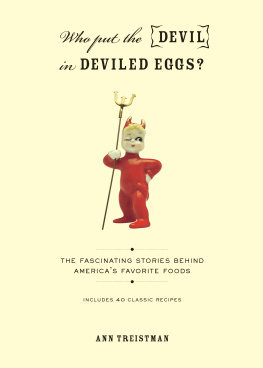
![Wilde Oscar - The secret life of Oscar Wilde: [an intimate biography]](/uploads/posts/book/228457/thumbs/wilde-oscar-the-secret-life-of-oscar-wilde-an.jpg)

